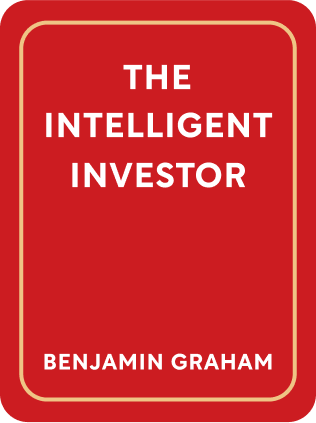

This article is an excerpt from the Shortform book guide to "The Intelligent Investor" by Benjamin Graham. Shortform has the world's best summaries and analyses of books you should be reading.
Like this article? Sign up for a free trial here .
Do hedge funds outperform the market? Are they better investments than other mutual funds or stocks?
The simple answer to the question “do hedge funds outperform the market” is no. Most funds don’t, and it’s very difficult to do so. Still, people frequently rush to successful and popular hedge funds to invest their money.
So, do hedge funds outperform the market? Read to find out the full reason why they don’t.
Do Hedge Funds Outperform the Market?
Do hedge funds outperform the market? Why is it so hard for funds to outperform the market? With so many smart, highly compensated people at their helm, surely they must harbor some secret to do better than average?
This presumption comes from our everyday perception of skill. There are certain baseball players who hit more home runs than others; there are certain restaurants that prepare better food than others. Surely there must be better fund managers than others. However, the empirical evidence shows overwhelming evidence against this idea.
In his commentary, Zweig explains multiple reasons that funds that were once-promising tend to be mediocre in the long-term. In short, larger size causes new problems. This commentary helps answer the question “do hedge funds outperform the market?”
Forced deployment of capital: When a fund takes on more money, it is forced to mobilize this money in investments. (If it simply kept the money as cash, it would produce a lower return as a percentage of its assets under management.) A fund might take in money at the peak of the market, when greedy investors pile in, and thus have to invest precisely when the market is overpriced.
More difficult investment choices: Funds managing low amounts of money can take small positions in small companies—say, spending $5 million to buy 1% of a $500 million company. Large funds that have to deploy money have two bad choices: 1) they can either buy more of the company, which might cause them to shift the market and thus lower the profits, or 2) they have to invest in many more companies, which dilutes their focus and requires taking on investments they have lower conviction about.
Rising fees: Fees may rise with size because it has to make more trades and its trades become more complex. Buying 0.1% of a company is relatively easy; buying 10% of a company is complex and will shift the price.
Talent exodus: If the fund has a truly good investment manager, its success may cause the manager to leave for a competitor or to start her own fund.
Changing incentives toward stability: When funds take on more money, they can earn a substantial amount in fees. This shifts the incentive from fund performance to simply having a large amount of assets under management. In turn, this causes fund strategies to become more conservative to avoid an outflow of money. Thus, they may adopt the same strategies as the rest of the market, causing them to match overall market performance.
Choosing the Few Outperforming Funds
Thus, Zweig offers the following criteria for choosing the minority of funds that might outperform the market when you ask “do hedge funds outperform the market?”
- The managers of the fund should be its largest shareholders. If true, they will be incentivized to achieve fund returns, rather than just collect fees.
- They should offer low fees. High fees simply make it more difficult for you to beat the market after fees.
- They use non-consensus strategies. If a fund simply follows the market, it will perform in line with the market.
- They tend to close their funds to new investors. This means they’re optimizing for fund performance, not for fund size. While you might not be able to make it into already-closed funds, you might identify fund managers with a history of closing funds to new investors and invest in their new funds.
- They don’t advertise or market themselves.
However, selecting funds that outperform is as difficult as selecting individual stocks that outperform. If you’re a defensive investor, by and large you should resign yourself to choosing funds that represent the entire market.
So do hedge funds outperform the market? Rarely, and you shouldn’t invest too heavily in alleged “high performance” funds.

———End of Preview———
Like what you just read? Read the rest of the world's best book summary and analysis of Benjamin Graham's "The Intelligent Investor" at Shortform .
Here's what you'll find in our full The Intelligent Investor summary :
- Key advice from what Warren Buffett considers the "best book about investing"
- The 2 major indicators you should use for evaluating stocks
- How you can use aggressive or defensive investing strategies






